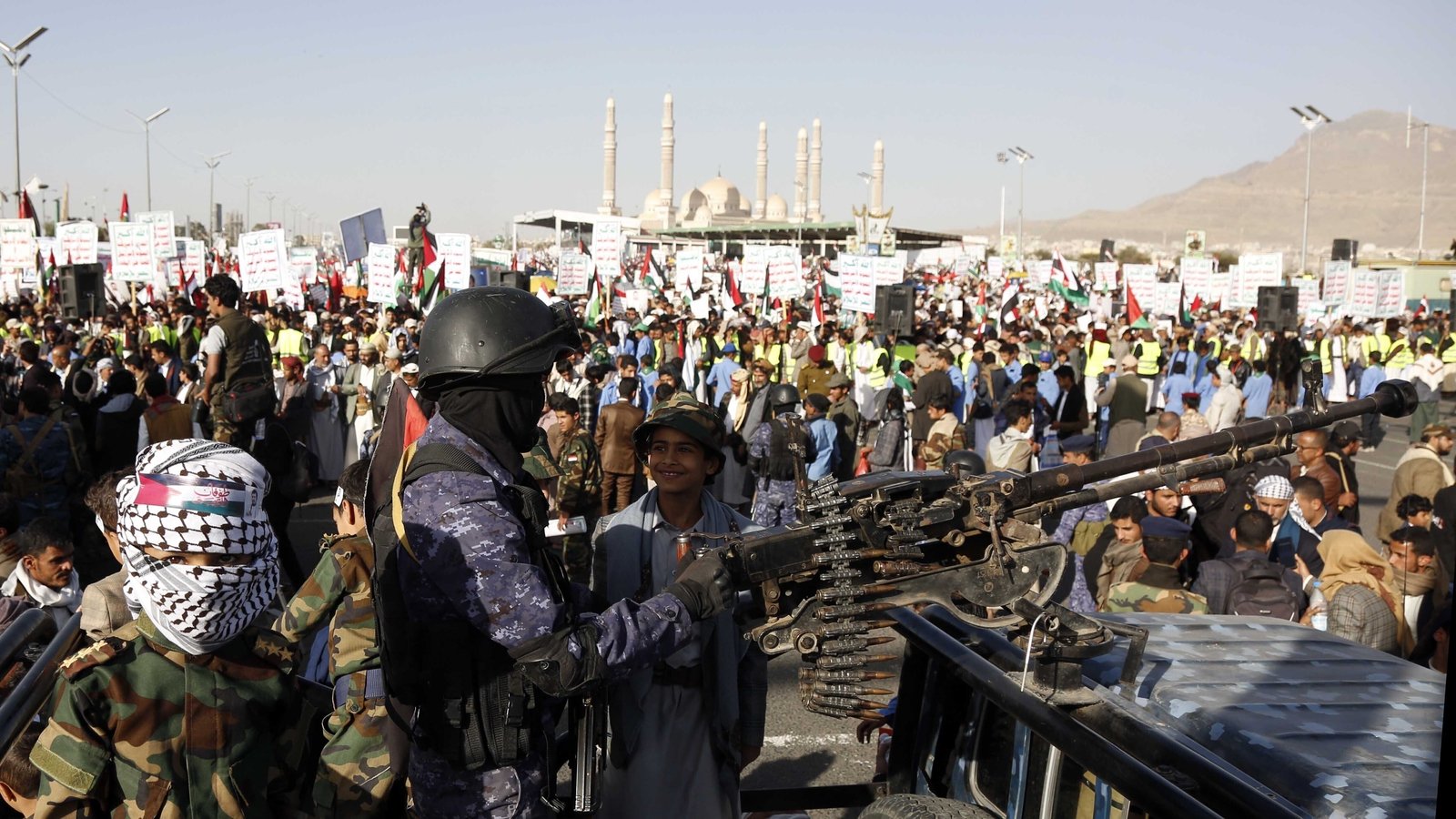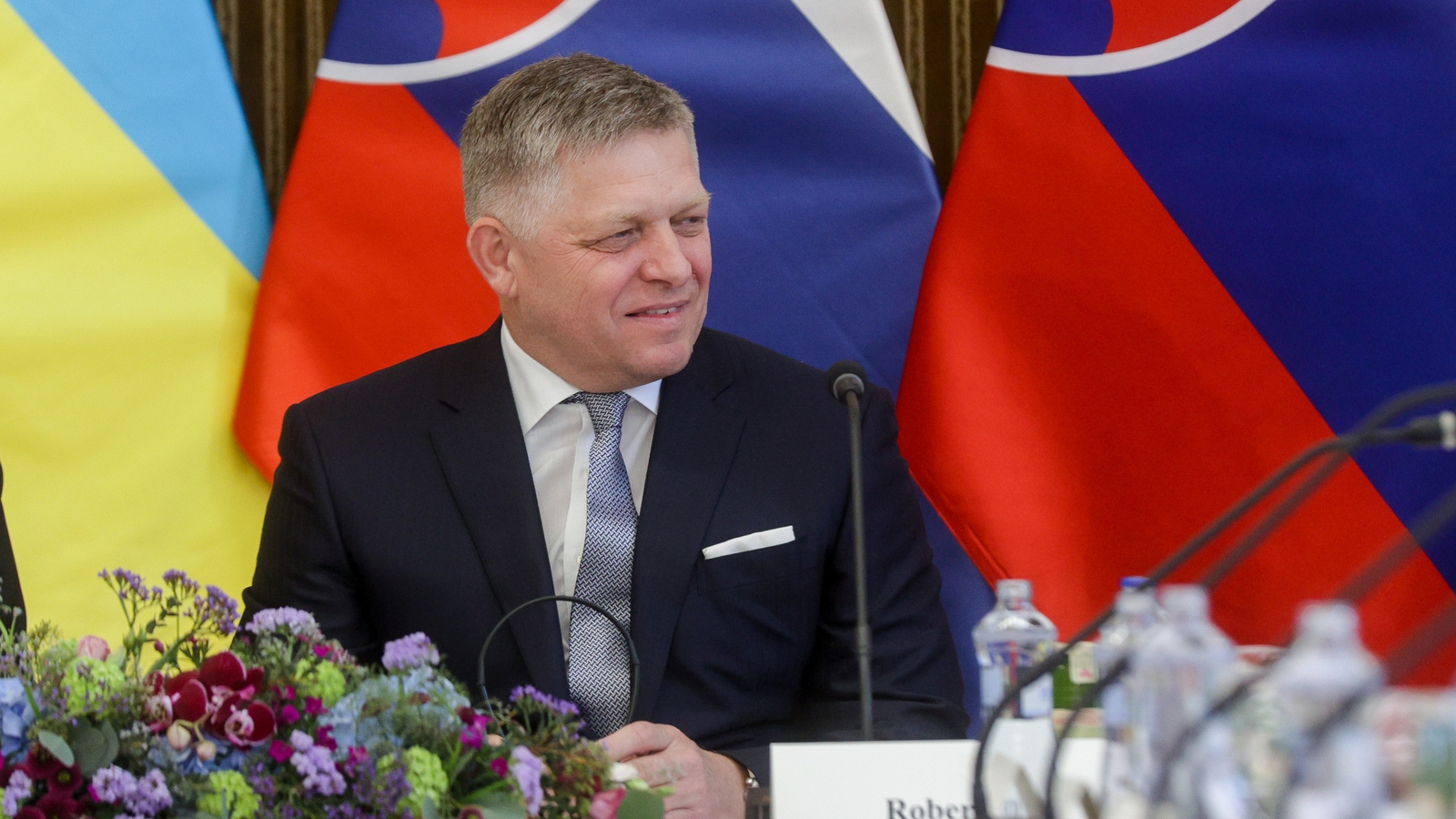Ireland, EU states seek sanctions over Navalny death
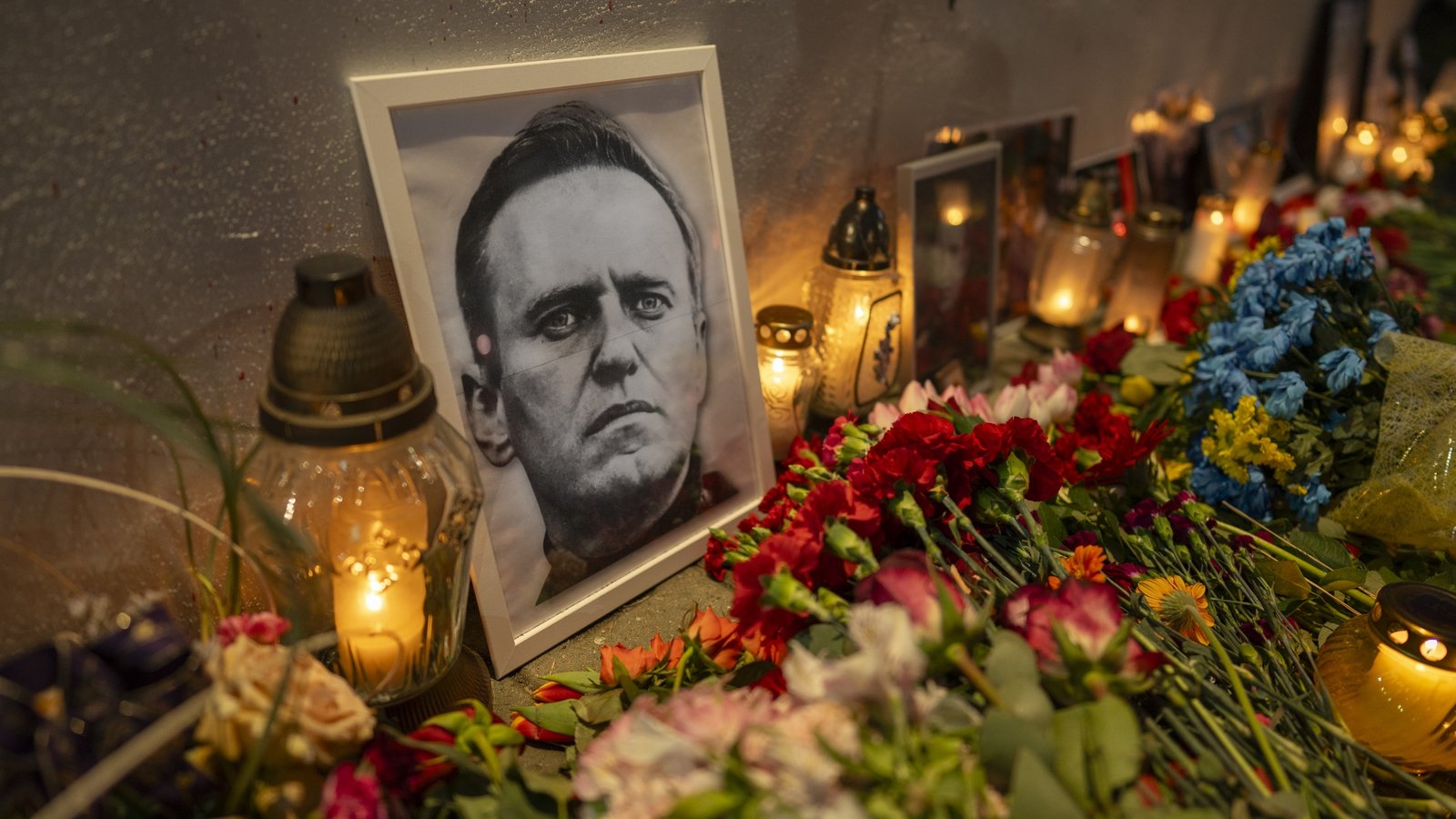
European Union officials say that Ireland is among 12 member states to seek sanctions on Russia’s prosecutors, courts and penitentiary officials over the death earlier this month of opposition leader Alexei Navalny.
A letter, sent to the EU’s High Representative for Foreign Affairs Josep Borrell, was signed by the foreign ministers of eight countries – the Czech Republic, Estonia, Finland, Lithuania Latvia, Poland, Sweden and Romania.
But officials said it was also supported by Ireland, France, the Netherlands Denmark, bringing total backing to 12 nations.
“Mr Navalny’s death is yet another sign of the accelerating and systematic repression in Russia. This calls for collective action,” the letter said.
“We believe there is a strong case for a separate Russia-specific sanctions regime designed to address the situation in the country.” it added.
“The new regime would provide a solid legal basis to list individuals from Russia’s repressive state apparatus, including those involved in politically motivated rulings against members of the civil society and the democratic opposition and their subsequent detention, such as those responsible within the judicial chain (prosecutors, courts penitentiary),” it said.
Navalny died on 16 February in an Arctic penal colony where he was serving a lengthy jail sentence.
The 47-year-old’s funeral will be held on Friday in a Moscow church, his allies have announced.
Authorities resisted handing his body to his family for eight days, in what his team said was an attempt to “cover up” official involvement in his death and prevent a public burial.
His widow and supporters have accused President Vladimir Putin of causing his death, an accusation the Kremlin denies.
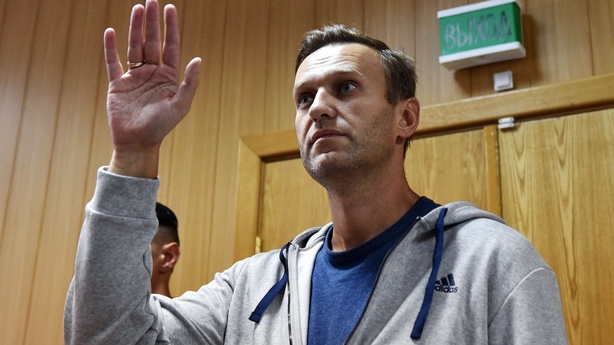
Navalny’s wife, Yulia Navalnaya, said she feared her husband’s funeral could be disrupted by arrests.
“I’m not sure yet whether it will be peaceful or whether the police will arrest those who have come to say goodbye to my husband,” she told the European Parliament.
His team said in a social media post that a funeral service would be held at the Mother of God Quench My Sorrows church in Maryino on 1 March at 2pm (11am Irish time). “Come in advance,” the post added.
The burial of the Russian government critic, who had embraced Christianity, is set to take place at Borisov cemetery, a short walk from the banks of the Moskva River.
Finding a church willing to host the service was difficult, the team said, as the Kremlin was afraid a public funeral could turn into a show of support for Navalny.
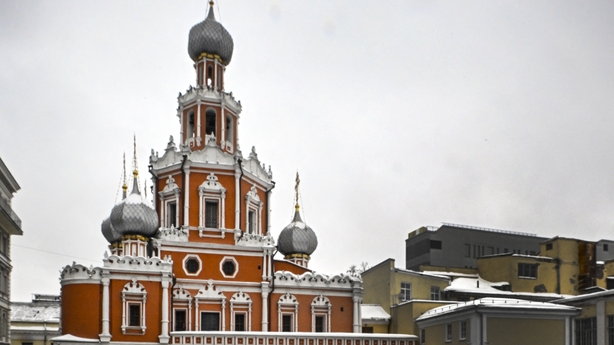
“We started to look for a church and a hall for March 1. Everywhere they refused to give us anything. In some places we were told it was forbidden,” said exiled ally Ivan Zhdanov.
Other allies said places refused after hearing Navalny’s name.
“Alexei needs to be buried … To have a chance to say goodbye, better to come in advance,” he added.
However, a civil ceremony allowing the general public to pay their respects to the body, common in Russia, has not been allowed.
“Two people are to blame for the fact that we have no place for a civil memorial service and farewell to Alexei: (Russian President) Vladimir Putin and (Moscow Mayor) Sergei Sobyanin,” Ms Navalnaya said on social media.
The family “did not want a special treatment – just to give people the chance to say goodbye,” she added.
Navalny died almost a fortnight ago in one of Russia’s toughest prisons in northern Siberia, where he was serving a 19-year sentence on charges widely seen as political retribution for his opposition.
Russian authorities said he died of “natural causes” but his team and some Western leaders have accused President Putin of being directly responsible for his death.
The Russian leader, who famously never referred to the opposition leader by name, has remained silent on his death.
However, authorities have cracked down on public gatherings in memory of Mr Navalny, detaining hundreds for laying flowers at memorials and other acts of protest.
Dozens have already been handed prison sentences, including 154 in Saint Petersburg alone.
The opposition leader shot to prominence through his anti-corruption campaigning, exposing what he said was rampant corruption at the top of Mr Putin’s administration.
He was arrested in January 2021 when he returned to Russia after being treated in Germany for a poisoning attack he suffered while campaigning against the Russian leader in Siberia months earlier.
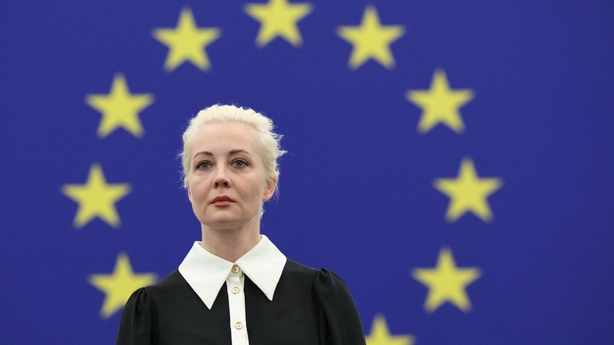
“Putin killed my husband,” Ms Navalnaya told the European Parliament in Strasbourg.
“On his orders, Alexei was tortured for three years. He was starved in a tiny stone cell, cut off from the outside world and denied visits, phone calls and then even letters,” she said.
Since her husband’s death, Ms Navalnaya has staked a claim to take on the leadership of Russia’s fragmented opposition, saying she will continue his work.
Speaking in English, her voice sometimes faltering, she described Mr Putin as a “bloody monster” and told politicians it was not possible to negotiate with him.
“You cannot hurt Putin with another resolution or another set of sanctions that is no different from the previous ones,” she said, calling for more effective action against the money flows of Russia’s ruling elite.
Mr Navalny’s team had planned for the funeral to take place tomorrow, rather than Friday.
President Putin is due to deliver a speech to Russia’s political elite tomorrow, and Ivan Zhdanov, an ally of Mr Navalny, accused authorities of not wanting his funeral to take place on the same day and overshadow it.


